Joshua Osih bears an Ambazonian name and attended the elite CPC Bali, he grew up in Yaoundé, built his career in Douala, and speaks no indigenous Ambazonian dialect.
By Fontem Asonganyi in Kumba
Since the outbreak of the Ambazonian war, President Paul Biya and his allies have perfected the art of resolving crises without surrendering control. At the heart of this strategy lies a political sleight of hand — what might be called democracy by substitution.
The tactic is simple: install a carefully chosen figure from a marginalised community, creating the appearance of representation while ensuring the regime’s grip on power remains untouched.
In Cameroon’s political slang, such a figure is known as an “Epessé.”
The Epessé Archetype
An Epessé is not chosen by the people. They are appointed from above to serve as a token voice for a community whose real leaders are either silenced, sidelined, or eliminated. The formula is consistent:
Carry the name and origin of the group, but lack deep social or cultural ties.
Depend financially and politically on the ruling elite.
Provide a palatable face for foreign partners, assuring them that “representation” exists while nothing changes.
This model has been used since the days of Ahmadou Ahidjo, refined under Paul Biya, and consistently effective at pacifying dissent.
The Vice Presidency Gambit
In recent months, French diplomats have quietly floated the idea of reinstating the post of Vice President. The candidate, they suggest, should be an “Anglophone of consensus” — someone with minimal connection to Ambazonia, yet acceptable enough to pass as its representative.
The move would serve two clear purposes:
Soothe international pressure by showing token inclusion.
Fracture Ambazonian unity by promoting a controlled figure over authentic leadership.
One name fits the role with precision: Joshua Nambangi Osih.
Why Osih Fits the Mold
Shallow Ambazonian Roots
Though Osih bears an Ambazonian name and attended the elite CPC Bali, he grew up in Yaoundé, built his career in Douala, and speaks no indigenous Ambazonian dialect.
Unexplained Wealth
Osih enjoys significant personal fortune without a transparent public record of its origin.
Swiss and Biya Ties
Biya’s political loyalty is to France, but his personal and financial networks run through Switzerland — a country with a troubled history in Cameroonian politics. It was the setting for the suspicious deaths of UPC leader Félix Moumié and later SDF stalwarts like Cyprian Awudu, Joseph Mbah Ndam, and John Fru Ndi.
Osih’s own family background strengthens this Swiss connection: his mother is Swiss, and his family is said to have significant investments in Kribi — deep inside Francophone Cameroon. At the same time, persistent rumours suggest that his father’s lineage from Ndian may in fact trace back to the South Province — another so-called “11th Province” link that aligns closely with Francophone elite networks. Notably, there is no known record of Osih making comparable investments in the Southwest Region, the territory he claims to represent.
When Fru Ndi was still the true face of opposition, the regime treated him as a threat. At one point, it reportedly blocked the British Council from leasing his building near Bamenda’s T-junction, citing fears that Britain might channel funds to his party. But once Fru Ndi capitulated, the hostility vanished. He enjoyed regime-financed perks, including paid foreign medical check-ups — until his life ended in what many still view as a strange and untimely death.
Adding to the unease, Ambazonian political memory recalls that an entire delegation of key SDF bulwarks died untimely deaths after visiting Biya in Etoudi. The coincidence has never been fully explained, and questions remain unanswered. If Osih is to present himself as a credible national figure, many argue he must account for these deaths and clarify his own role and relationship with the Biya establishment.
Furthermore, Osih must also disclose any ties to the Rosicrucian Order, a secretive society whose influence has long been rumoured in Cameroon’s political elite. In particular, clarity is needed on whether he attended the most recent Central African Rosicrucian Convention — held at the Yaoundé Congress Hall — which made headlines after the venue mysteriously caught fire shortly thereafter. In a political climate where hidden loyalties can shape national destinies, such associations demand full transparency.
The contrast is telling. Where Fru Ndi’s early defiance brought regime suspicion, Osih’s direct dealings with the Biya family — financial, political, and personal — are framed as “good politics.” In the calculus of Yaoundé, compliance buys you protection, even promotion.
Demonstrated Regime Loyalty
In 2021, Osih was the only opposition MP to sign a letter with 61 CPDM parliamentarians urging the U.S. to deport Ambazonian activists — a move seen as aligning himself firmly with the regime’s position.
Opposition Fragmentation
He has resisted uniting behind a single opposition candidate, helping keep the field fractured and advantageous to the CPDM.
The Bamiléké Factor
With Professor Maurice Kamto sidelined, CPDM strategists calculate that many Bamiléké elites — whose businesses thrive in Beti-controlled cities — will hesitate to risk backing an “unknown” Anglophone. In such a scenario, a regime-approved Vice President, even nominally Anglophone, becomes the safer bet.
Dr. Samuel Ikome Sako’s Warning
Speaking from exile, Dr. Samuel Ikome Sako, President of the Federal Republic of Ambazonia, calls the Epessé model “a direct threat to the liberation struggle.”
“Appointing a Vice President without a mandate from the Ambazonian people is a cosmetic change meant to deceive the international community and prolong the occupation,” Dr. Sako told The Independentist.
“We must reject any attempt to substitute our cause with a personality. The struggle is for the restoration of our sovereignty, not for decorative posts in a colonial government.”
A Familiar Threat
The pieces are falling into place. A polished, internationally palatable figure is being positioned to symbolically “represent” Anglophones while ensuring that the real power structure remains untouched.
For Ambazonians, the warning is simple: do not confuse a familiar name with genuine representation. The Epessé has returned — and history shows that once installed, their first duty is to the system that placed them there, not to the people they claim to speak for.
Fontem Asonganyi













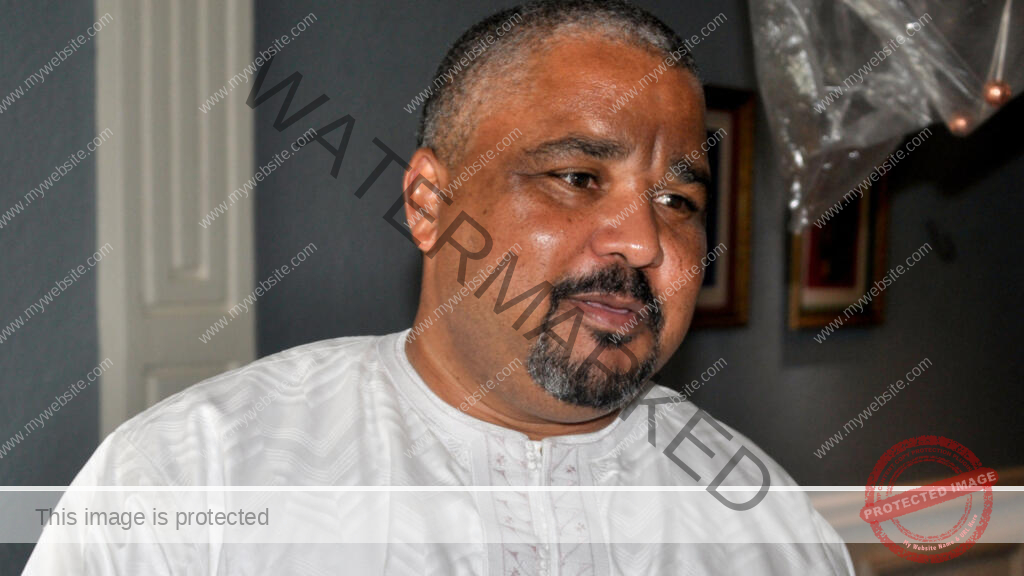
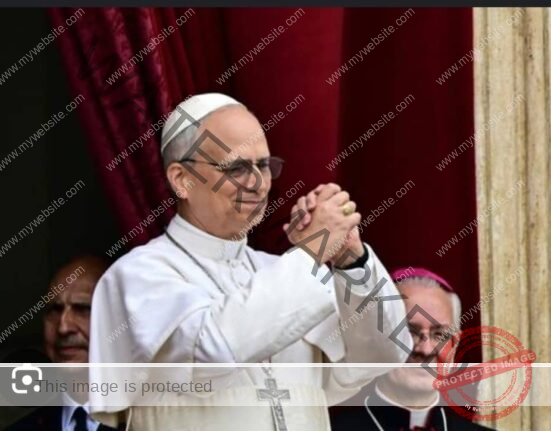
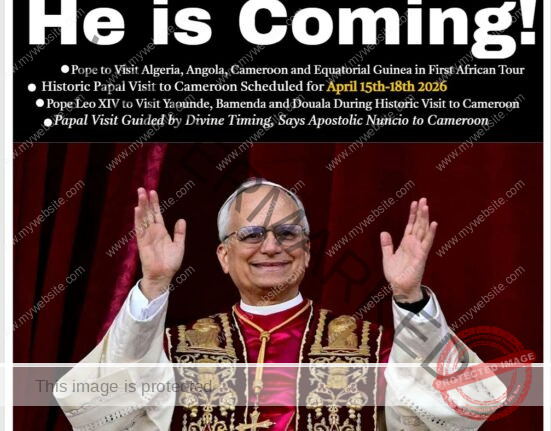
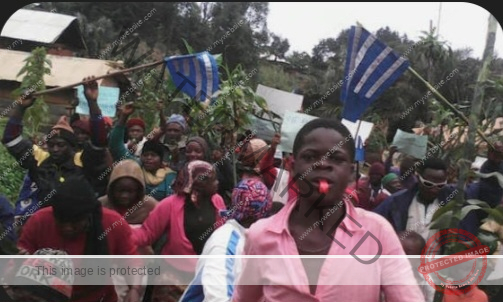
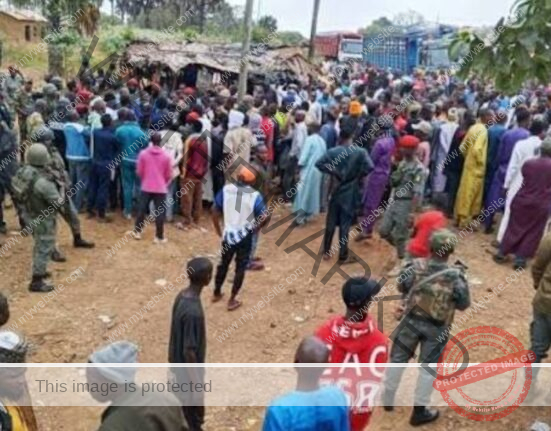

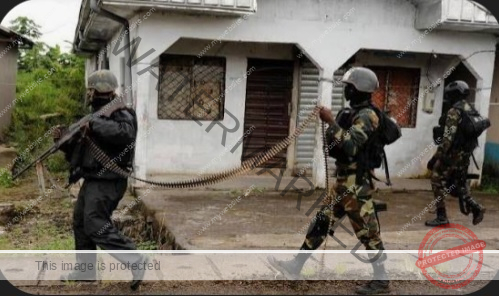

Leave feedback about this